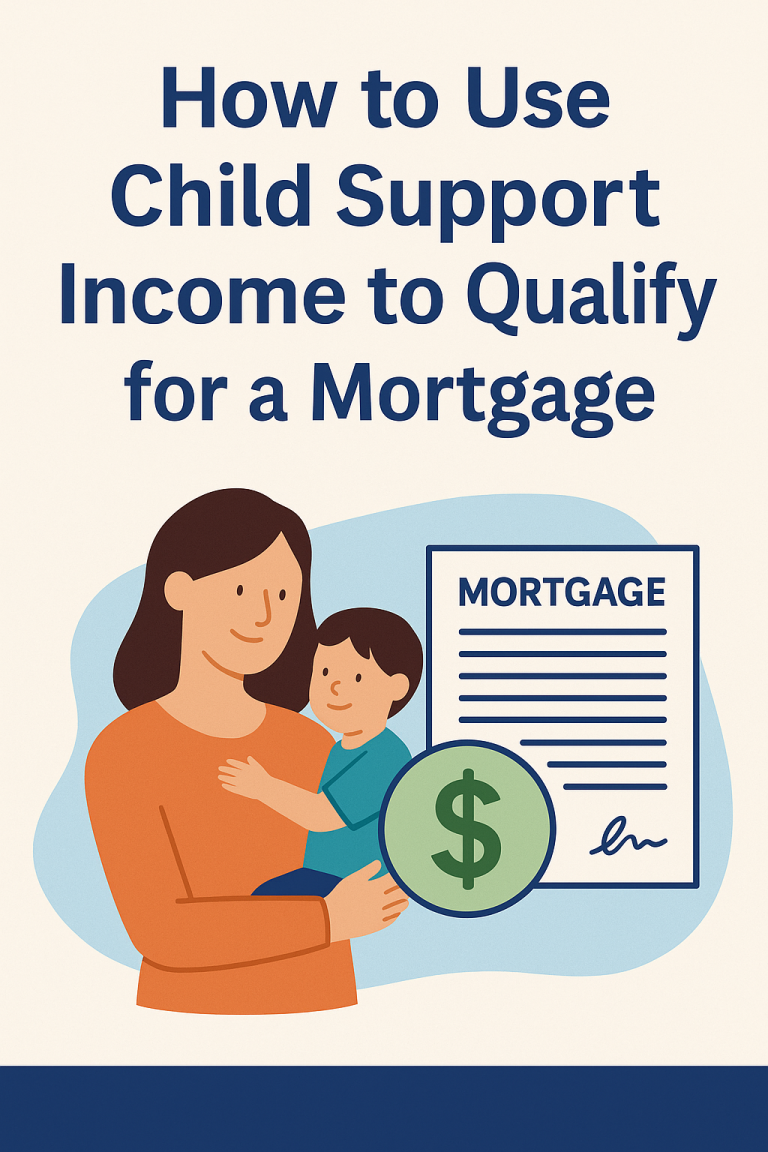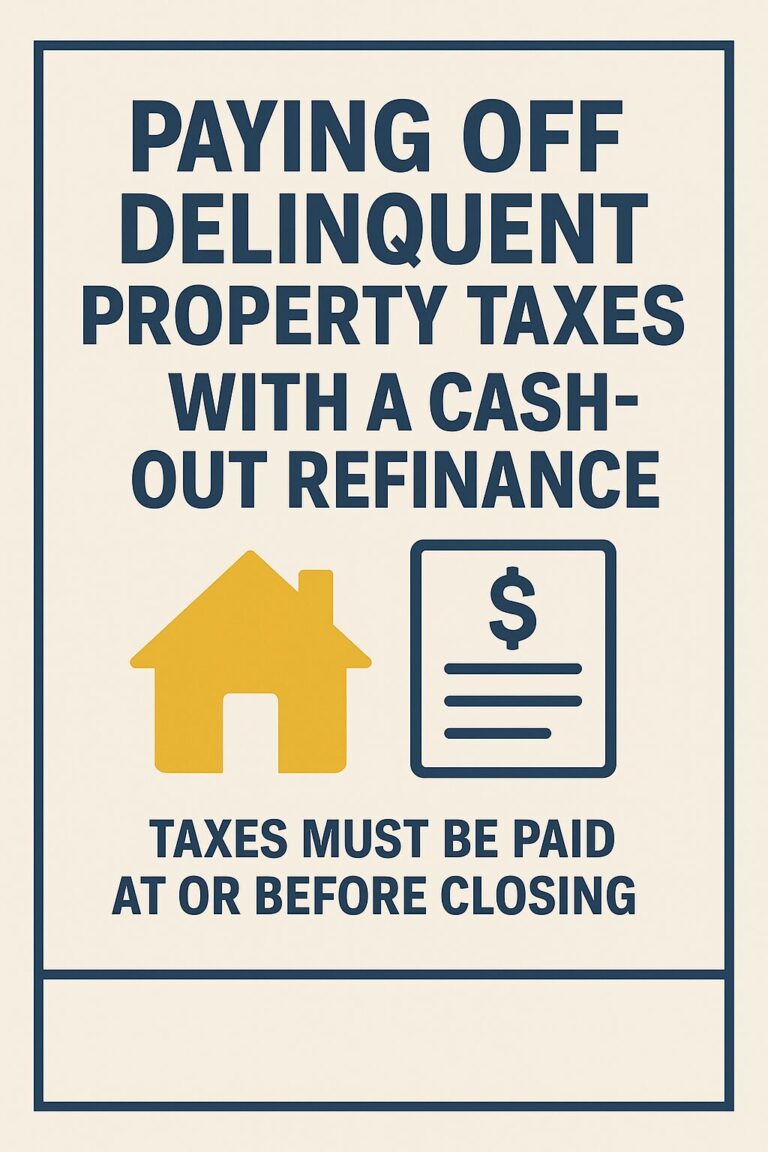Mortgage Insurance is like the plague to a monthly mortgage payment. It makes the cost of homeownership rise over time, only benefits one party… the lender. Mortgage insurance also known as private mortgage insurance (PMI) is an intergal component of many popular loan programs today; FHA Mortgages, USDA Mortgages and yes even standard Conventional Mortgages. Mortgage insurance is paid by the consumer for the benefit of the lender to insure that loan being made against future payment default on the side of the consumer. Mortgage insurance loans are more profitable to the financial financial markets because of the additional premiums generated by the additional payment to the servicer (servicer being the mortgage company collecting the monthly payment from the consumer).
How Mortgage Insurance Becomes Attached To A House Payment
“Less than 20% equity”
Less than 20% equity on a refinance or less than 20% down on a purchase transaction causes mortgage insurance to be applied to the total monthly mortgage payment. Additionally, over 80% loan financing to value will also require property taxes and hazard insurance be built into the monthly mortgage payment, mortgage insurance is then added to this figure.
*PMI Formula for determining payment: typically based on 75 basis points of the loan amount. On a $300,000 loan that translates to $187.50 per month respectively. For every dollar of debt, double that in income is required to offset it. Example: takes $375 per month in income, just to offset the $187.50 per month in PMI.
How To Reduce Borrower Paid Monthly PMI
Few solutions:
- Achieved with a lower loan-to-value supported by an appraisal or more funds needed to bring the borrowed loan amount down
- Conventional loans typically contain lower monthly mortgage insurance than government loans
- Harp 2 Refinances no matter the loan to value, will not require monthly mortgage insurance so long as the loan being paid off does not contain monthly mortgage insurance
Consumers will be offered lower monthly mortgage insurance if..
Credit scores are 760 or better and the loan to value is no larger than 85% and if refinancing, no cash is being taken out of the property.
How Long Mortgage Insurance Is Required For
Depends on mortgage loan program, conventional mortgage or a government mortgage?
Conventional Mortgages will require monthly mortgage insurance until 78% loan to value or rather 22% equity. This of course becomes the wildcard as property values continue to climb. When the consumer feels they have 20% equity in their home, they can contact their mortgage servicer (mortgage company collecting the payment) and inquire about getting their mortgage insurance removed. Lender does not have to grant the request. Lender will require an appraisal or an AVM ( automated valuation model) to support the 20% equity. The consumer can always choose to refinance anyway.
*Lender must remove mortgage insurance at 22% equity-while this is true, it is primarily up to the consumer to be proactive in ridding themselves of mortgage insurance payment.
By making principal balance prepayments, reaching 20% equity will come faster thereby allowing the mortgage insurance to be potentially removed.
Government Mortgages such as FHA Loans require monthly mortgage insurance no matter the loan to value for a minimum of five years, and then at 20% equity, consumer can request the monthly mortgage insurance be removed and the stipulations at 22% equity take effect.
Occupancy Types Eligible For PMI
- Primary residences-maximum loan to value 97% financing, 95%loan to value produces better terms
- Second Homes- maximum loan to value of 90%
- Vacation Homes- maximum loan to value of 90%
- Investment Properties-no PMI financing available for non-owner occupied property types
Does Mortgage With PMI Make Financial Sense?
Generally speaking, lowest possible payment is optimal.
Exceptions: maybe due to previous credit obstacle, an FHA Loan with monthly mortgage insurance allows a buyer to purchase with less than perfect qualifying standards. Maybe using less money down and having an extra safety net is important. In either scenario, financing containing monthly mortgage insurance would be suitable.
An available refinance opportunity making sense for many homeowners in the marketplace with current FHA loans who purchased in 2010 and 2011 is refinancing into conventional loans with lower monthly mortgage insurance. Mortgage insurance on conventional loans is lower and the rates today are substantially lower than they were in the past 24 months.
If you are thinking about buying or refinancing house or want to learn more about how you can reduce your monthly mortgage insurance or even get rid of your monthly PMI, we can help. Contact us today at ScottS@snmc.com.
Share:
RELATED MORTGAGE ADVICE FROM SCOTT SHELDON
Why Lenders Request the Same Documents More Than Once
If you’ve ever applied for a mortgage, you’ve probably wondered why lenders sometimes ask for…
VA Loans and the Clear Pest Report Requirement: What Buyers Need to Know
If you’re a homebuyer using a VA loan to finance your property, there’s a unique…
View More from The Mortgage Files:
9 Comments
begin your mortgage journey with sonoma county mortgages
Let us make your mortgage experience easy. Trust our expertise to get you your best mortgage rate. Click below to start turning your home dreams into reality today!




[…] the lender against future payment default. Mortgage insurance, also dubbed as PMI (an acronym for private mortgage insurance), can be easily be several hundred dollars per month hingent on loan program. This added premium […]
[…] against future mortgage payment default. Mortgage insurance, also dubbed as PMI (an acronym for private mortgage insurance), can easily be several hundred dollars per month depending on the loan program. This added premium […]
[…] lender against future mortgage payment default. Mortgage insurance, also dubbed PMI (an acronym for private mortgage insurance), can easily be several hundred dollars per month depending on the loan […]
[…] lender against future mortgage payment default. Mortgage insurance, also dubbed PMI (an acronym for private mortgage insurance), can easily be several hundred dollars per month depending on the loan […]
[…] lender against future mortgage payment default. Mortgage insurance, also dubbed PMI (an acronym for private mortgage insurance), can easily be several hundred dollars per month depending on the loan […]
[…] the FHA counterpart, there is no upfront mortgage insurance premium with just a monthly premium based on a varying range of percentage of the proposed loan […]
[…] *Mortgage Tip*: remember the lower the down payment, lower the total cash to close means a higher monthly mortgage payment. Conversely, the larger the down payment, the lower the mortgage payment as the percentage of associated mortgage insurance changes with more equity used to purchase the house. 20% down is what usually takes to not need monthly PMI. […]
[…] your purchase preapproval and/or refinance loan with. However, to have a general understanding of how mortgage insurance works, know that it is required for any loan with less than 20% […]
[…] its FHA counterpart, there is no up-front mortgage insurance premium with conventional financing, just a monthly premium based on a varying range percentage of […]